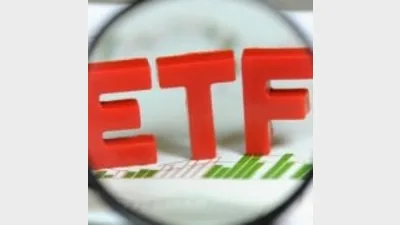Vanguard Australia adds new FTSE Russell index



Vanguard Australia has licensed a new values-aligned index for two ESG-related (environment, social, governmental) investment products.
The FTSE Developed ex Australia ex Non-Renewable energy/Vice Products/Weapons Index has been chosen by Vanguard Investments Australia for its new Vanguard Ethically Conscious International Shares Index fund and for its Vanguard Ethically Conscious International Shares Index Fund ETF (VESG).
The funds would list on the Australia Securities Exchange (ASX) in September 2018.
The FTSE Developed ex Australia ex Non-Renewable energy/Vice Products/Weapons index forms part of the new FTSE Global Choice Index Series, which would be the first FTSE Russell standard index family to incorporate several categories of ESG-related exclusions in its design.
According to FTSE Russell, investors were looking to exclude stocks from their portfolios based on the impact of companies’ products and conduct on society and the environment.
FTSE Russell’s managing director, Asia ETP, Evan Ong said this new values-based index would form part of the FTSE Global Choice Index series and would help meet the growing demand for integrating ESG preferences into investments.
Vanguard Australia’s head of product and marketing, Evan Reedman, said: “The adoption of ESG investing has accelerated in recent years, and more investors are looking for opportunities to align their investment choices with their values. Our new index fund and ETF marries Vanguard’s characteristic low-cost, diversified investment approach with a rigorous ESG screening process.”
Recommended for you
Passive ETFs are seeing stronger flows than their active counterparts despite the proliferation of active launches this year, according to Morningstar.
Former CEO of Global X ETFs Australia, Evan Metcalf, has taken up a new position at a specialist ETF provider.
BlackRock has expanded its iShares fixed-income ETF range, with a global bond fund designed as a ‘building block’ for Australian advisers.
A failure to maintain operations and governance models could prove problematic for private managers in the future as their funds grow in popularity with a retail and wholesale audience.












